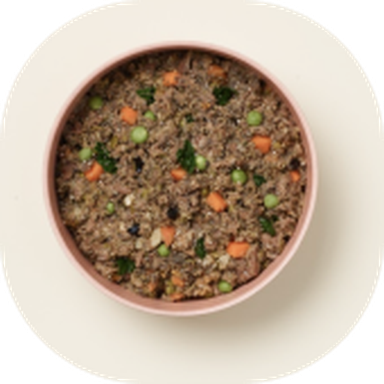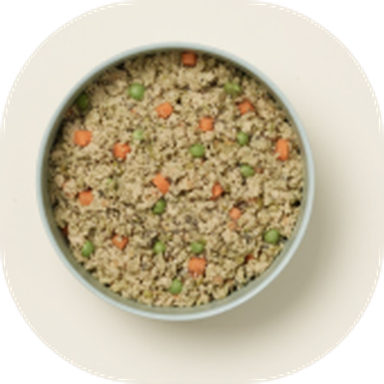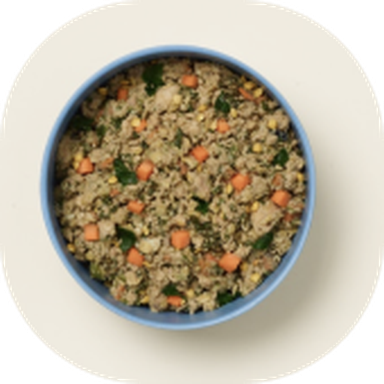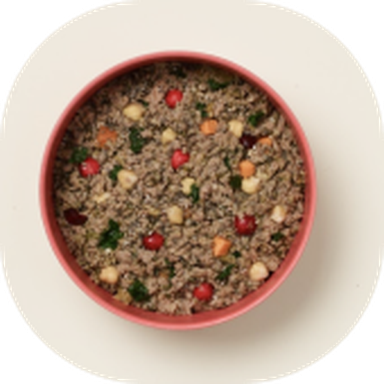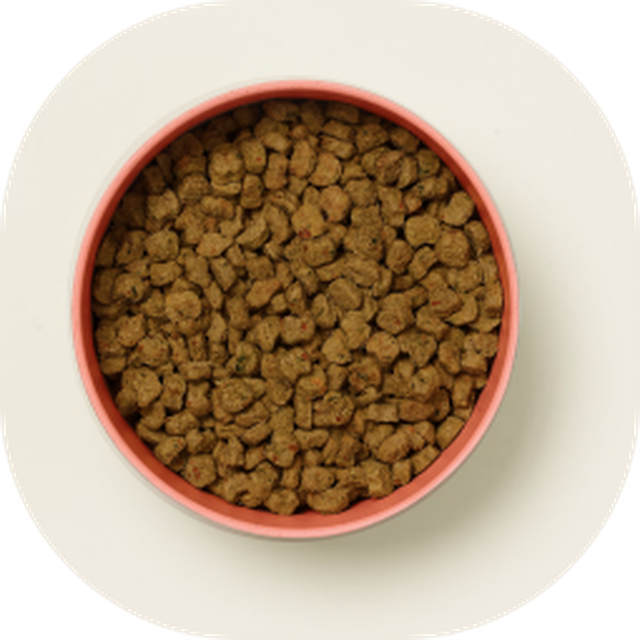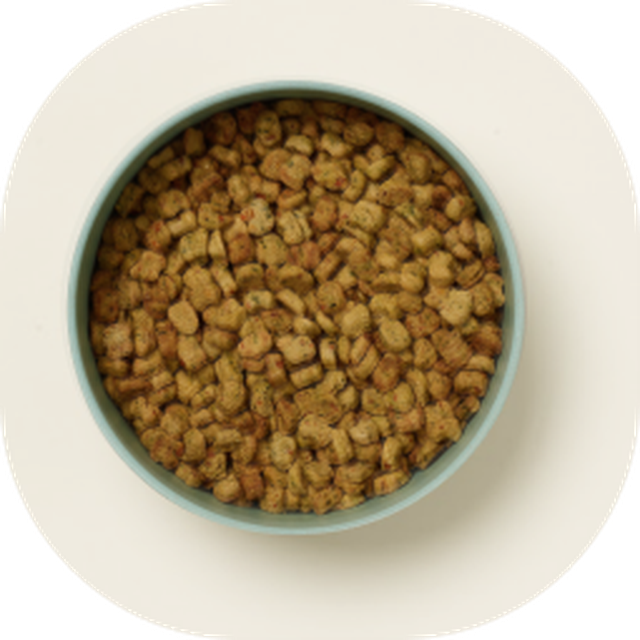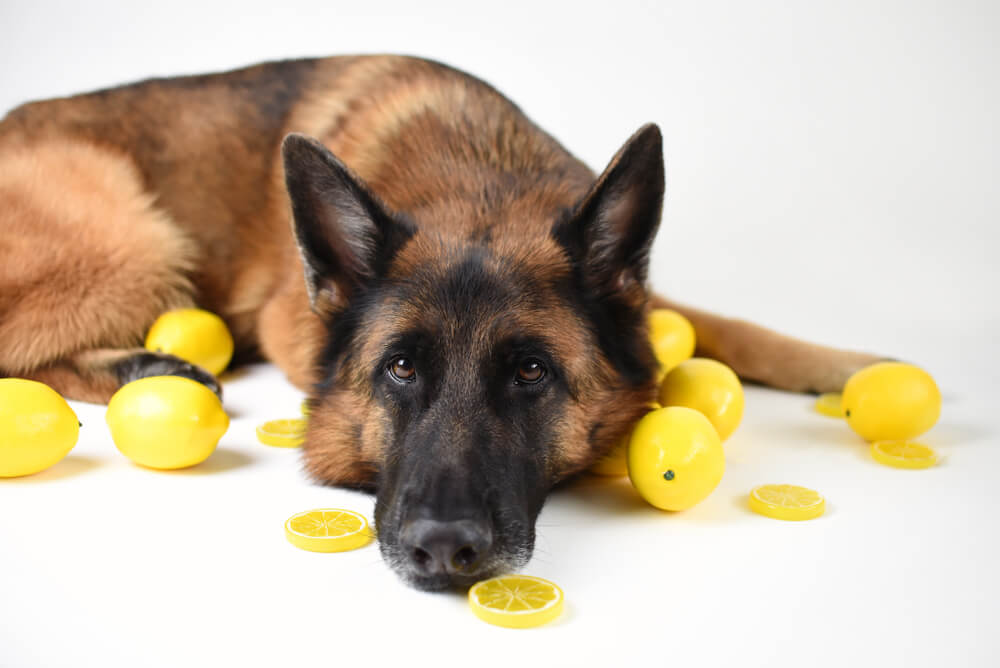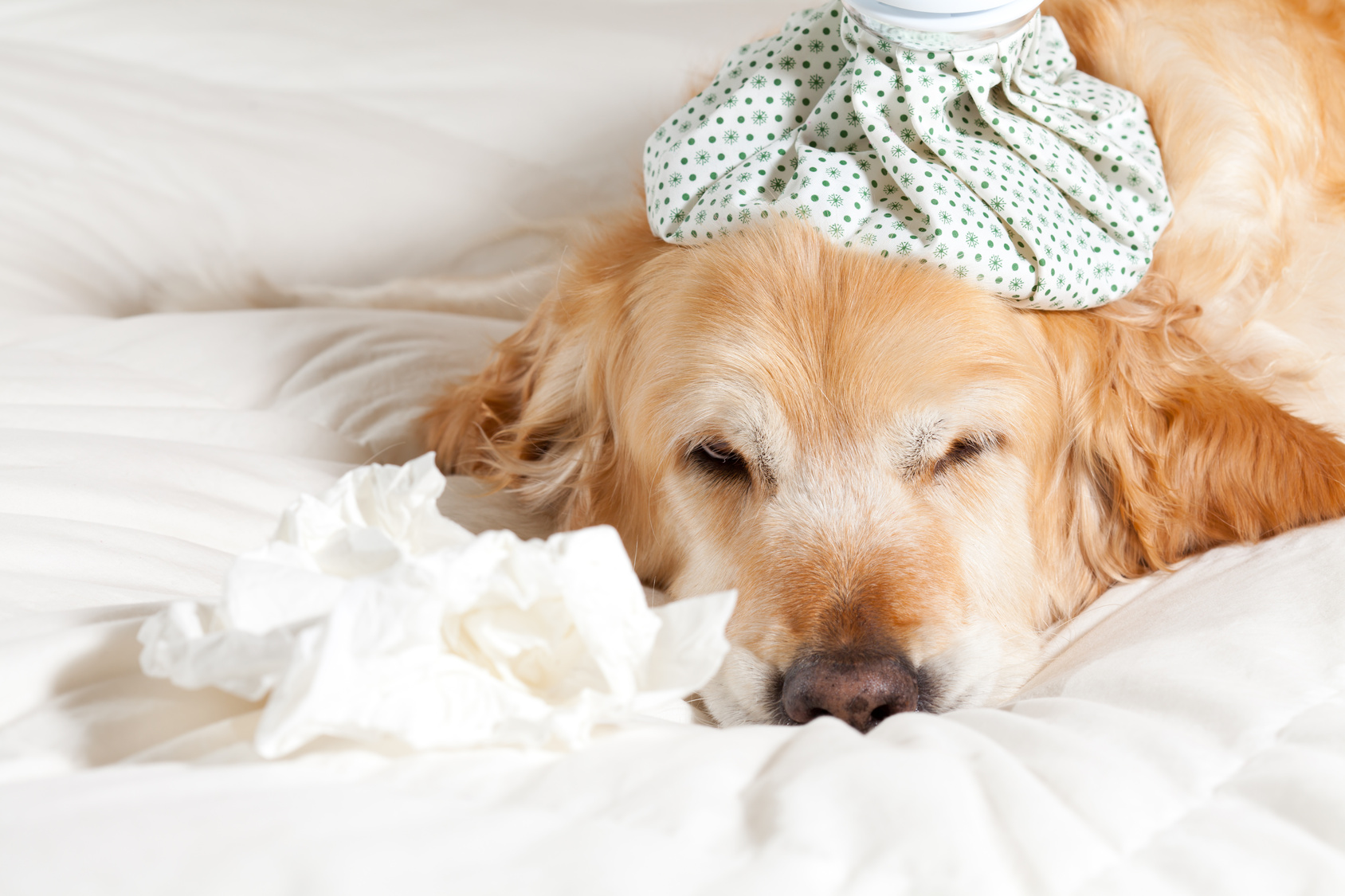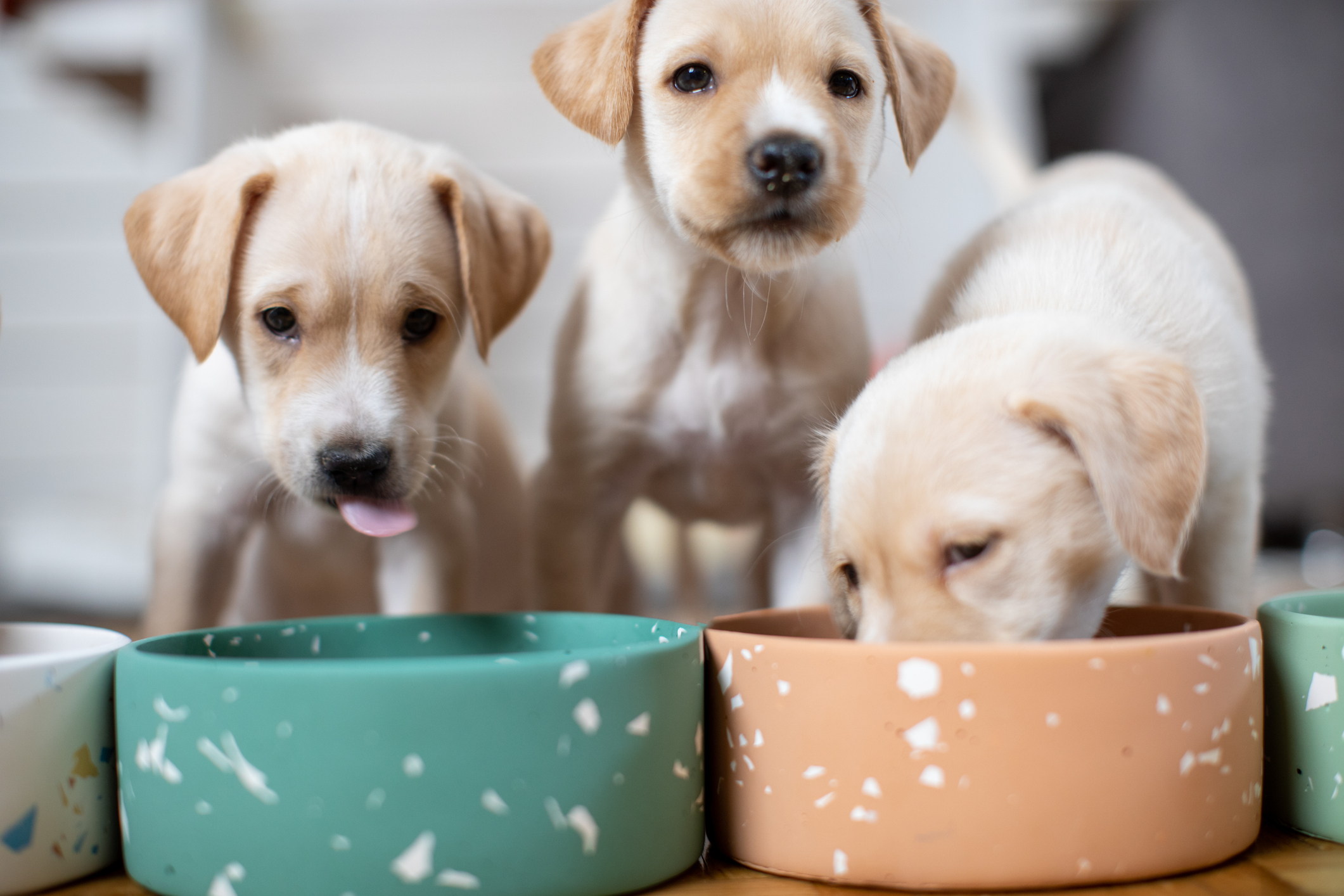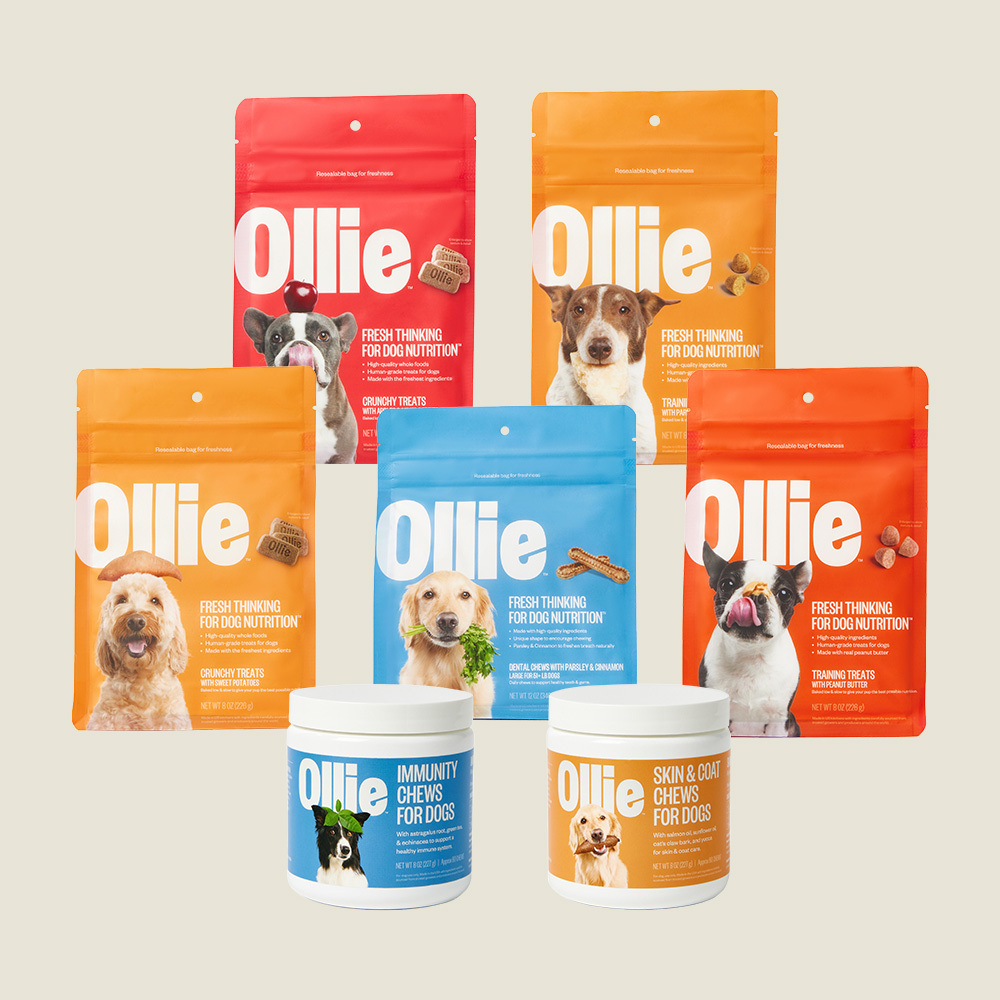Hey Ollie blog readers! We’re offering you an exclusive 60% OFF your starter box! Try now!
Giving your dog a lemon slice – is it a funny prank or animal abuse? One YouTube compilation from 2018 features almost 12 minutes of dogs vs.lemons and has over 600K views and there are many more that will come up if you do a quick search. Some people find this funny to watch dogs making faces or swatting away the lemon as the sourness hits their taste buds, but should they be laughing? Is this a harmless prank or cruel punishment? The answer is a little more complicated.
Are lemons good for dogs?
In a word, no – they aren’t good for dogs. Lemons don’t have any nutritional value and the acidic nature of their juice can cause issues for your pup. Further, the essential oils and compounds called psoralens in the lemon can be toxic for your pet when consumed in large enough quantities.
Not only are lemons not a suitable snack for your pup, but you should also avoid sharing any other citrus fruit with your dog including grapefruits and limes as well. The only exception to this rule is oranges – but these should be shared in moderation. This is because they contain both citric acid and high levels of sugar which can lead to obesity. You also want to make sure your dog is only eating the fruit and not the peel.
Even if you’re not feeding your pup lemons, they’re a pretty common household item. You want to keep your pup from stealing lemons off of a counter or even directly off a tree if you live in an area where people grow lemons. If you notice your dog is gravitating to lemons because they’re roundish and yellow (kinda like a tennis ball) you’ll want to make sure your dog understands the command leave it. If they don’t it might be a good one to brush up on. If your dog is grabbing the lemon in its mouth ask them to drop it and then reward them when they do. You do not want your pup to think lemons are toys.
The other items you want to keep away from your dog are lemon essential oils and lemon-scented household cleaners. While they might be made with natural ingredients, these products can still make your dog sick. Essential oils are highly concentrated – and therefore lemon essential oil can make your dog sicker than just some lemon juice. Lemon cleaners could be natural or synthetic. Read the labels and make sure you heed any warnings, but you’ll want to keep these away from your pet regardless.
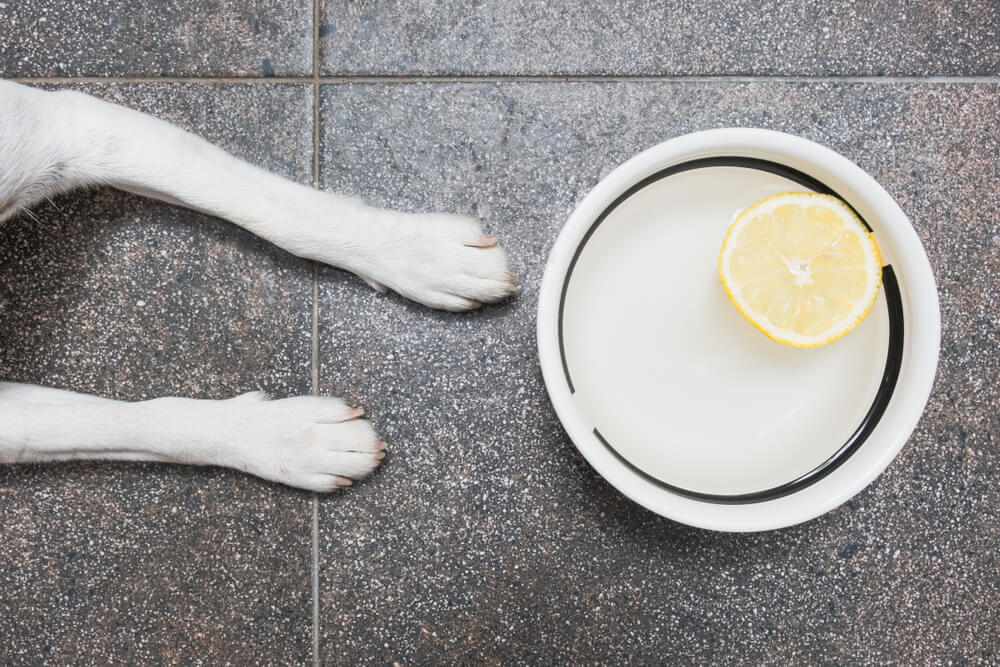
Risks associated with eating lemons
Too much lemon juice can irritate your dog’s stomach due to the high levels of citric acid. Your pup may experience vomiting or diarrhea as a result. If your pup has eaten a lot of lemons you might even notice they’re having an unusual sensitivity to light.
The other thing you need to watch out for is choking or an intestinal blockage. Lemon seeds could be a choking hazard and if your pet swallows too much of the peel it could cause an intestinal blockage.
Some people use lemon juice as a deterrent for puppies so they don’t chew on things they shouldn’t or a punishment for being “naughty”. This can cause more harm than good as the citric acid in the lemon juice can make your pup sick. Not only will this not help change the behavior, but will also lead to some serious clean up for you. If you want to keep your puppy from chewing on the couch or a favorite shoe – try distracting them with a chew toy or bone when you see them heading for it – and make sure to keep shoes, clothes, handbags, and other prized possessions away from young puppies or dogs who might think they look like fun toys.
If your dog has eaten a lot of lemons, contact your vet or animal poison control. They will tell you what you need to do and if your pup should be seen. For most dogs, a small amount of lemon will not require a trip to the vet. In fact, other then a funny face your pet may not have a negative reaction at all.
Why do dogs have a strong reaction to lemons?
Like us, dogs can taste both bitter and sour flavors. While some dogs don’t mind the sour flavor, bitter flavors are unpleasant for them. This is why some people use a bitter spray (usually made from apple cider vinegar) to discourage puppies from chewing.
You should also avoid sharing lemonade or other sweetened lemon products with your dog. While the taste might be more pleasing, it is still full of citric acid. Also, sugar adds calories and your pup doesn’t need the empty calories as it can make them pack on the pounds. Artificial sweeteners, especially xylitol should also be avoided as they are toxic to dogs.
If you’re looking for a sweet treat to share with your pup try one of these fruits that have some health benefits as well!
The Ollie blog is devoted to helping pet parents lead healthier lives with their pups. If you want to learn more about our fresh, human-grade food, check out MyOllie.com.
Tagged As:

The nutrition your dog needs,
the food they want.

Enjoying our articles? Subscribe our Newsletters and get new articles directly to your inbox
You might also like
20 June 2024
6 MINS READ
When to Switch Your Puppy to Adult Dog Food
Your puppy’s life is filled with milestones, including the transition from puppy to adult dog food. We explore when to make the switch and provide helpful tips.
by Ollie Pets
11 October 2023
5 MINS READ
Risks of Home Cooking for Your Dog
Although home cooking for your pup sounds like an intuitive and heartwarming way to serve up optimal health through fresh whole ingredients, there are many things you need to know about homemade f…
26 September 2023
7 MINS READ
How to Choose The Perfect Treat for Your Dog
Treats have a place on your dog’s food pyramid, but they should be given with care and consideration.
